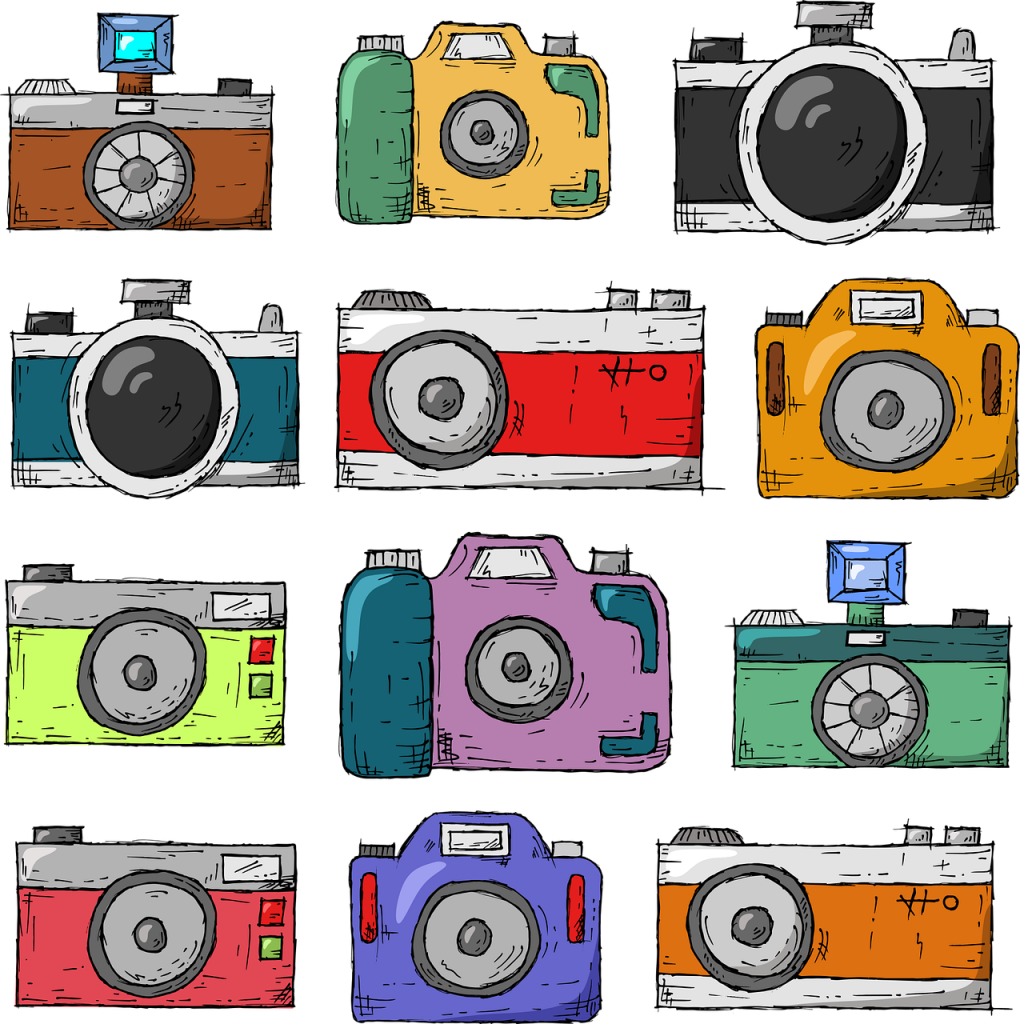Introduction
New Media and ICT have become part of most realms of human life and society in general. Information sharing and communication is easier than ever before, if you by easier mean less cumbersome and time consuming. It doesn’t necessarily mean that it has become easier to understand one another, or that it brings us closer together as humans. Social media is one example of (relatively) recent technology that simplifies both information sharing and communication, and something that has become an integral part of everyday life for many people around the world.









